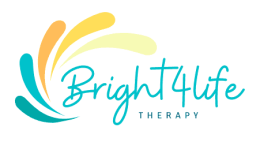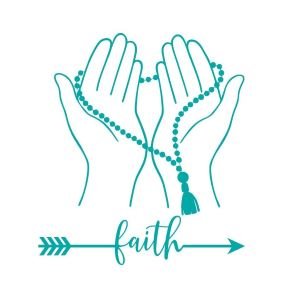Counselling Services
Bookings & Fees
Whether you are seeking face-to-face or online, short or long term therapy, your first step is to discover more about the counselling process. You can choose either a more informal 25-minute chat or a full one-hour consultation (both are done online). Together, we will find a bespoke service that suits your personal needs and lifestyle. This will be agreed collaboratively as part of the consultation process.
Online bookings will receive a confirmation email in accordance with the information you supplied. There will be instructions on this email about how to make your payment and a google meet link will be supplied. All payments need to be made prior to first session. For face-to-face sessions or any further enquiries, please contact me directly via the ‘contact’ page.
What does my service guarantee?
Clients Reviews
See what our current and previous clients have to say about us
She listened intently with compassion and taught me many strategies to cope with my anxiety and trauma. Michelle provided explanations of how & why abuse affects a person which was invaluable to my self-esteem and healing. I feel I am no longer a victim but a survivor. I could not have achieved this alone & am so grateful to Michelle for helping me on my way to finding my true self again
Michelle has developed a specialism and a deep understanding of trauma and abusive relationships. Her passion to help vulnerable people. Michelle has such empathy and an inquiring mind and deep insight; she has the ability to get you thinking for yourself and open the path to healing. Thank you!
Alhumdullilah I connected with Michelle who helped me work through my dilemma. We developed plans in place to keep focus and it’s helped to bring me back to a calmer and more focused person.
Within the Asian community, especially men, this is still a taboo subject. But I see that health is wealth. To the brothers and sisters who are in similar situation please reach out to people like Michelle, where a problem shared can help in ways which one can’t imagine.
She has helped me manoeuvre through my stressful periods by giving me insights and reminders from the Quran and sunnah. How their implementation can bring a positive change.
Totally recommend her to anyone, I think she does justice to her role!
It helps me to realise the difference between my obsessions and the reality. I found Michelle was extremely patient and understanding whilst also helping overcome my OCD. For many this causes shame however, working through this with specialist support according to Islam has made all the difference. I now believe I can get better and beat this, have self belief and start doing activities that I had no interest in doing before!
Reserving judgement, Michelle takes the time to listen, process and understand – helping the both of us to analyse issues and practically work towards resolving them. She has been fab at holding me accountable and has helped me explore scenarios from varying angles. Above all else, Michelle has been amazing at making me feel safe, heard and understand – I cannot recommend Michelle enough!
During my counselling, she would guide me each week towards an activity designed to help me understand myself better and to heal my inner trauma. Each week I felt empowered and ready to take the next step in recovery.
Michelle helped me to be able to move forward with my life. I regularly refer back to the ideas we worked on and I’m able to view my past with new perspectives. I’m enjoying my life now more than ever. Thank you Michelle!
I have appreciated the books, resources and activities to actualise the counselling experience into something more practical. For instance, using words to narrate a favourite day or activity to encourage mindfulness and focus.
It’s been a journey. With Michelle, you can begin to discover your ‘self’ and engage with the world in a whole new way and having access to a counselling approach that takes into account my faith and beliefs has made the world of difference. I would definitely encourage anyone thinking of trying counselling to definitely try as she really does care and creates a safe and nurturing space
Take your first step in counselling
Healing from Abuse Related Trauma
Healing from Domestic Abuse can take time and multiple counselling sessions








